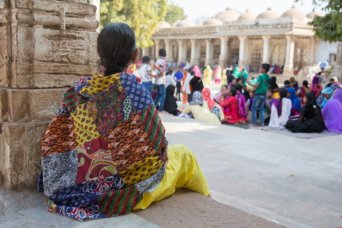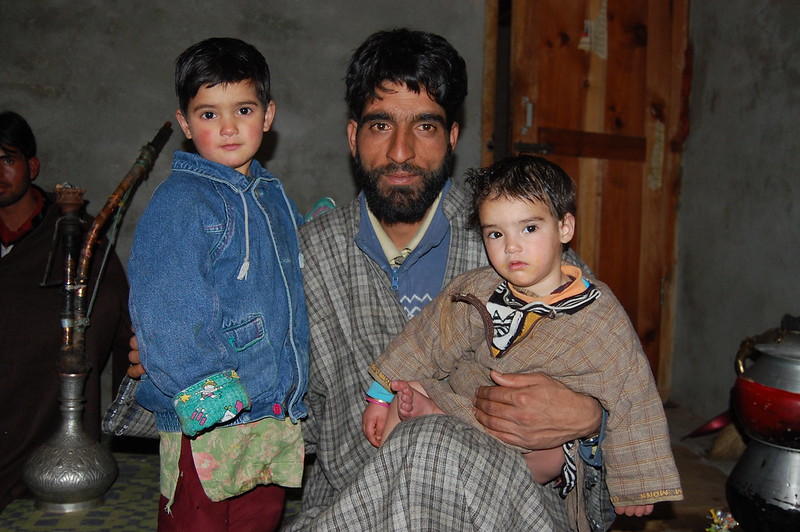- About
- Topics
- Picks
- Audio
- Story
- In-Depth
- Opinion
- News
- Donate
- Signup for our newsletterOur Editors' Best Picks.Send
Read, Debate: Engage.
| topic: | Human Rights |
|---|---|
| located: | India, USA |
| editor: | Yair Oded |
After a sweeping victory in the May 2019 elections, Indian Prime Minister Narendra Modi escalated his Hindu nationalist party's oppression of Muslims by annexing the semi-autonomous region of Kashmir and passing the Citizenship Amendment Act (CAA) which denies citizenship to millions of migrants from Muslim-majority countries.
An investigation by The Intercept reveals how an army of lobbyists deployed by the Indian government in Washington, DC has successfully prevented the U.S. Congress from deliberating on a resolution that criticises India for these acts.
India has a long, complex, and bloody history of tension with Muslims both in neighboring Pakistan and within its own territory. Modi’s Bharatiya Janata Party (BJP) has taken bold steps in recent years to morph the secular country into a bastion of Hindu nationalism while ostracising ethnic minorities - specifically Muslims.
In August 2019, the BJP moved to incorporate Jammu and Kashmir - expanding military presence in the area, cutting off internet and communication services, cracking down on journalists, and conducting mass arrests of local leadership.
In December of 2019, the CAA passed and created a path for naturalisation for millions of undocumented migrants in India with the exception of Muslims. The passage of the law sparked a wave of protests and emboldened Hindu nationalists around the country to launch attacks against Muslims. Last month, riots in Delhi left dozens of Muslims dead (some were burnt alive) and hundreds injured.
As a response to the escalating crisis in India, Congresswoman Pramila Jayapal (D-WA) drafted a non-binding resolution, which got bi-partisan support, to call out India for its oppression of minorities and journalists.
The resolution was originally scheduled to be deliberated on in the House Foreign Affairs Committee, chaired by Democratic Congressman Eliot Engel. Engel removed the resolution from the schedule, however, following an aggressive lobbying campaign financed by the Indian government that got several lawmakers, including Engel himself, to withdraw their support for the proposed bill for the time being.
At the helm of the effort to quash the resolution was the Hindu American Foundation (HAF), which tapped into festering Islamophobia and fears of radical Ismalist terrorism shared both by Americans and Indians. The HAF present themselves as the mouthpiece of Indian Americans, many of which do support the organisation, and thus managed to exert pressure on members of Congress and Senators, both Republicans and Democrats, through a string of meetings and online campaigns.
With lawmakers backing down and the Indian lobby pouring millions of dollars into efforts to stifle criticism, Kashmiri and Muslim organisations in the U.S., such as Americans for Kashmir, are fighting an uphill battle with a dwindling number of supporters.
As the tide of nationalism consumes countries across the globe, and oppressive governments are repeatedly elected to power, authoritarian leaders feel emboldened to further test the water and see what they can get away with. In the U.S., it was the hope of many that with the House under the control of Democrats, issues such as human rights violations would take precedence over certain strategic concerns. Sadly, this is far from being the case.

